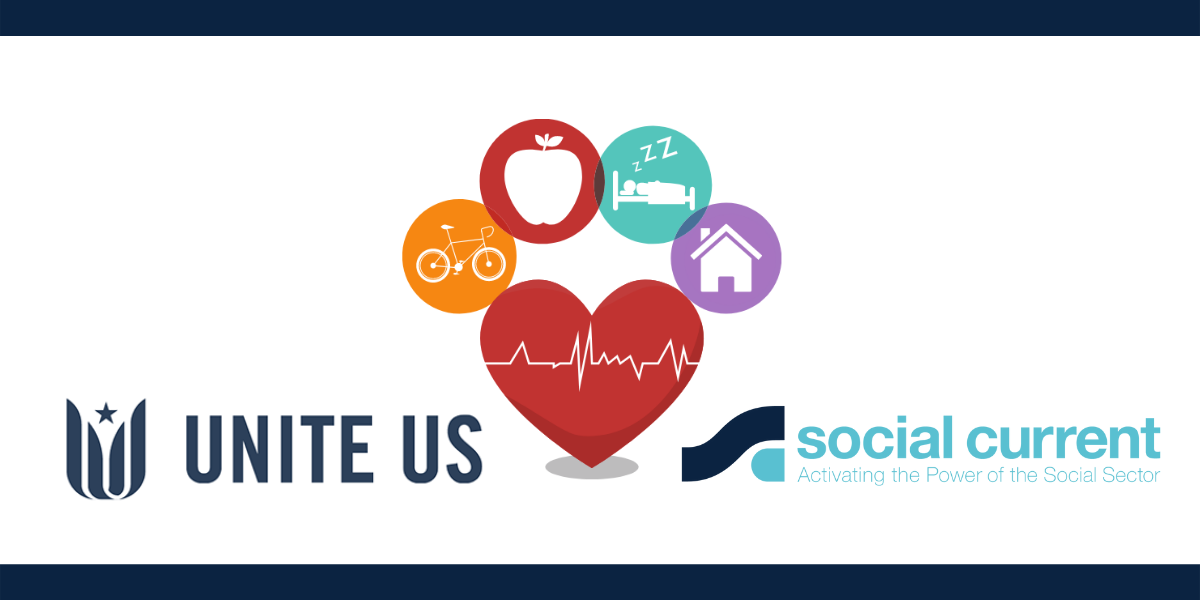News
Social Current Statement on Children’s Mental Health
A few days ago, the American Academy of Pediatrics (AAP), American Academy of Child and Adolescent Psychiatry (AACAP), and Children’s Hospital Association declared a national emergency in children’s mental health, citing the serious toll of the COVID-19 pandemic on top of existing challenges.
Prior to the pandemic, suicide was the second leading cause of death for youths ages 10-24 years. Between March and October 2020, during the longest quarantine period, suspected suicide attempts increased nearly 51% among girls ages 12-17 years, according to the CDC. Mental health-related emergency room visits rose by 24% for children ages 5-11 years and 31% for children ages 12-17 years.
In a statement, Jody Levison-Johnson, president and CEO of Social Current, noted:
“We agree with the AAP and others that behavioral health issues among teens and adolescents have been a significant concern for many years, but have reached previously unseen peaks during the trauma, loss and isolation of the pandemic. Current brain science tells us that relational health and positive childhood experiences mitigate the impact of toxic stress. As we respond to the current crisis, we can build equitable access to mental health services aligned with community needs, along with resources for families that promote strong relationships and resilience. We support the range of policy solutions advocated by the AAP. Now is the time for policymakers to act, partnering with the behavioral health community to tackle these pressing challenges.”



